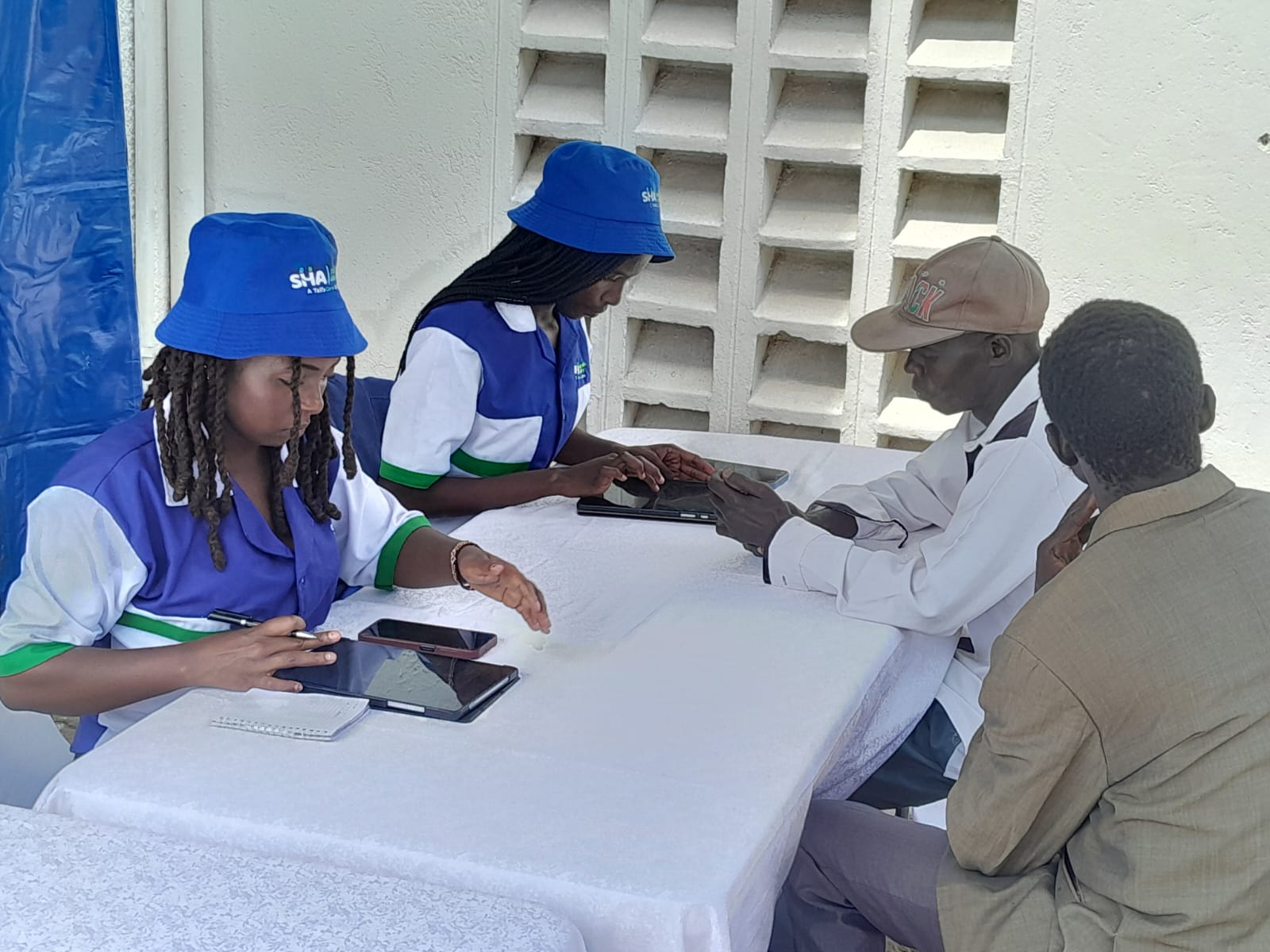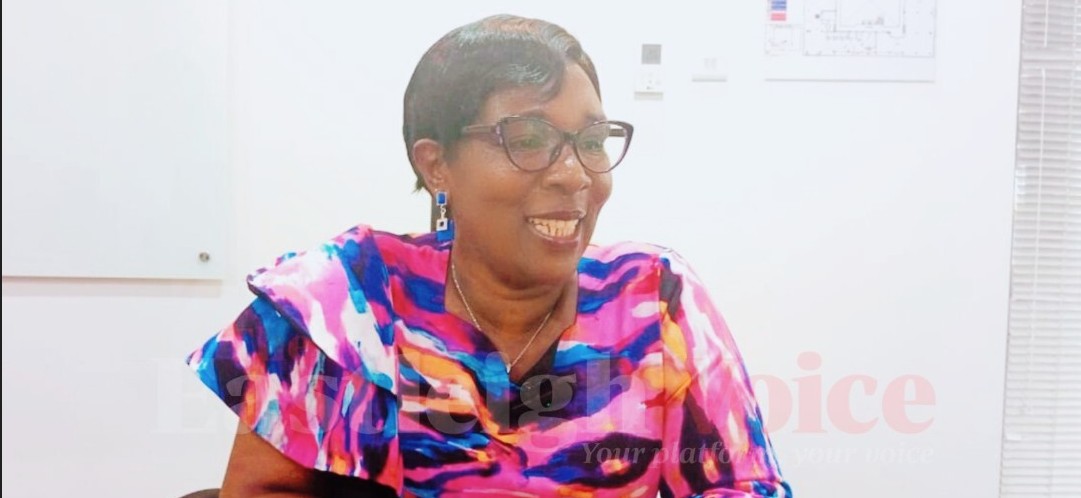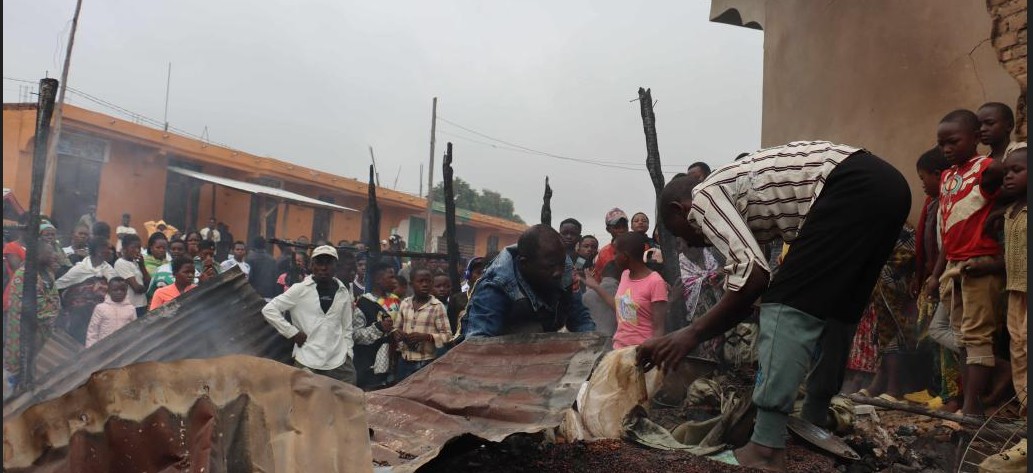Private hospitals warn of collapse, propose liability forms for patients as SHA debts hit Sh33 billion

Under the plan, private hospitals will notify patients, their guardians or agents when payments remain outstanding beyond contractual timelines.
Patients may soon be required to sign liability forms in private hospitals, committing to settle bills if the Social Health Authority (SHA) fails to pay.
The Kenya Health Federation (KHF) has proposed the move, warning that mounting debts and delayed reimbursements, which have now hit Sh33 billion, have left providers on the brink of financial ruin.
More To Read
- Ruto to hospitals: We will not pay pending medical claims without verification
- SHA under fire: How Kenya’s health insurance reform is repeating NHIF’s mistakes
- Duale defends SHA amid mounting pressure, fraud allegations by MPs
- President Ruto vows to crack down on SHA fraud as 1,000 health facilities shut
- Maraga calls for EACC probe SHA over ghost hospitals scandal
- PS Oluga warns of health facilities faking staff, equipment to obtain licenses
KHF, which represents 60 per cent of Kenya’s healthcare providers, has advised its members to adopt the measure as hospitals face imminent collapse amid debt crises, investor hesitation and shrinking trust from financial institutions.
In a memo, KHF Chief Executive Tim Theuri outlined the proposal as a desperate attempt to shield facilities from financial ruin. He defended the decision, stressing that it was not made in bad faith but in response to the reality facing providers.
“We ask Kenyans to come to our assistance. One of the ways they can do so is by signing the forms,” Theuri said in an interview with Nation.
Under the plan, private hospitals will notify patients, their guardians or agents when payments remain outstanding beyond contractual timelines.
“They can then reach out to SHA to follow up on the payment. If a payment has been made, they can give us the advisory. We will, however, be requesting them to sign an ultimate liability form so that we are also covered in law,” he said.
But SHA Chairperson Abdi Mohammed dismissed the proposal, arguing that members of the federation had no contract with the authority.
Private hospitals are still waiting for payment of Sh33 billion owed by the defunct National Health Insurance Fund (NHIF). On March 6, President William Ruto directed that hospitals owed Sh10 billion or less be paid immediately. He also ordered a 90-day audit and verification for facilities owed above Sh10 billion to pave the way for their claims to be settled.
Theuri, however, revealed that the directive has not been implemented.
“We are ready for verification and to be audited, but they can’t keep calling us thieves if they have not put mechanisms in place to separate good people from bad ones,” he said.
The crisis has cascaded into broader financial challenges, with hospital owners listed on the Credit Reference Bureau (CRB) over unpaid loans.
“You cannot access loans the moment you are listed in the CRB. Pector before and banks advance us short-term credit. Even overdrafts are not coming easily at the moment. If they do, the amounts are not large,” he said.
He added that investors in health are increasingly hesitant, citing a lack of returns.
“Businesses are saying that if the biggest purchaser of health services is late on payments, they cannot be sure about their investments,” he said.
Theuri further noted that hospitals were excluded from negotiations of SHA contracts, leaving them with no recourse when claims are delayed.
“We may be forced to move to cash only so that we can sustain our operations,” he warned.
He cautioned that hospitals could soon begin referring patients to public institutions, a move that would increase pressure on the government system with no assurance of quality care.
“Do these people understand how the sector operates? They are just policymakers, doing everything on paper,” Theuri said.
KHF is now demanding greater transparency from SHA, including disclosure of monthly collections, payments made and balances to hospitals.
“Unless it is a deliberate effort to kill the private sector, they should just have told us to move to other businesses,” Theuri said.
The situation has been compounded by recent actions of the Ministry of Health and the Kenya Medical Practitioners and Dentists Council, which have delisted, downgraded or suspended hospitals over fraud allegations.
“If you are investing in a market where people are being called fraudsters, there is hesitancy. People will not fly in to put money into the sector,” he said.
Top Stories Today














































